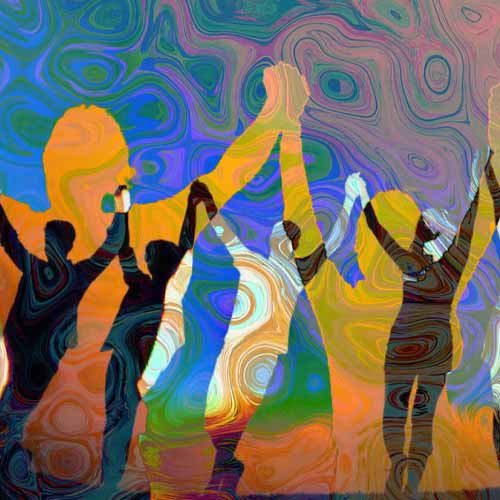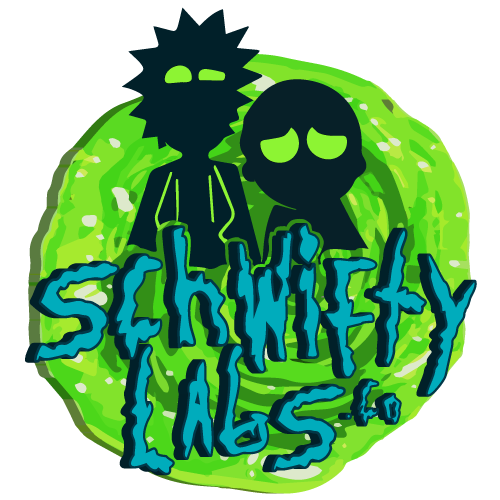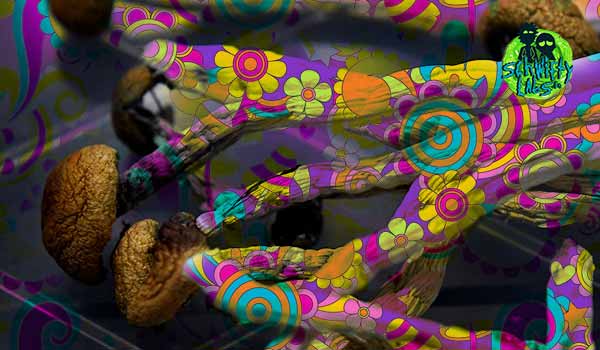LSD, Magic Mushrooms, Psychedelics
The advantages of Psychedelic Prohibition
Lilith is an astute therapist in Colorado with a thriving profession and for the outside onlooker, she had all and was set to go. Unknown to most. Lilith had an imbalance and it was her internal coordination and how her outlook on life depreciated— depression was evident.
In her professional journey, she began looking for an escape route from her mental state. It didn’t consume her much until she discovered the healing and harmonizing benefits of the psychedelic experience. Lilith’s life got a turnaround and she started to see life in a good light and from unprecedented perspectives.
She resigned from her job as a therapist and decided to delve fully into helping others reconnect with their truest self with the help of psychedelics. She reported that her actions were intentional as she feels the regulations by the state on therapists are quite absurd and stiffens the dynamism that comes with the profession. Such rules as friendship with clients or using touch as a means to facilitate therapy were part of her focus. Lilith believes the rules dissociate people and strangle healing.
Selena and Joseph, both therapists, talks about state rules coming to the end of criminalizing psychedelics with MDMA-assisted therapy gaining grounds and will soon gain the approval of the FDA. Selena believes that the existing policies annual the magic within interpersonal therapy sessions and make therapy devoid of humanity. Both Selena and Joseph refused to be trained in the existing professional bodies nor desiring membership.
These therapists are not approving or desiring of a drug war. They believe using psychedelics in treating clients shouldn’t spark any legal sanction. Rather than such legal limitations, it will be best if regulatory bodies can be set up to hold practicing therapists accountable. Take for example Denver, they defined psilocybin as a minor matter among criminalized substances in the state. Some other states have varying jurisdictions on psychedelics to a great level. They are even considering turning psychedelics into drug-making substances— quite a growth!
There is a knowledge gap that is evident at the time Denver decided to decriminalize psychedelics. Researchers and therapists had to understudy about 16 practitioners in the city of Colorado. The study was premised on how the decriminalization of psilocybin has affected the health feature of the nation and its future tendencies.
Quarterly meetings were held in Denver with several researchers, psychedelics professionals, and other folks connecting with the concept of psychedelics under the guise of NOWAK. Interestingly, a major part of the discussion points to therapy, and the studies involved licensed therapists to harness the required information on doses and experience.
This has really helped the psychedelic community in describing themselves. Some describe themselves formerly as an underground group of people while another set defines themselves with descriptions that seem to be anti-legal. In recent times, the word “community” has replaced such words and there is a measure of safety among the people as they prefer “community” to others.
The psychedelic guides use activities as practice things that are mostly out of bounding by the FDA or may not be in line with the therapeutic code of conduct. But policies will always limit several of these activities. On the flip, settings and sets have been revised for other people and doses too in the manner by which it shapes the experience.
The substance within psychedelics is very potent when it comes to slivering their benefits. Researchers have been studying psilocybin at high doses to observe how it affects human health in terms of depression, and treatment-resistant depression. However, there are several issues relating to a therapeutic setting as some clients will prefer the serenity of their homes to a clinic. This also affects the desired state of the mushrooms— some prefer it fresh while others may prefer it dried.

Some psychedelic communities have questionable operational models while others are highly ethical in their work. An example of the such questionable practice is when some women were reported to have engaged in MDMA with a guide where both the male guide and the women at several points were involved in sexual therapy and they got intimate at a stage— naked! Some therapists as such have been reported to have engaged in sexual assaults even while hosting in underground communities.
Such victims as this wouldn’t want to take cops into consideration because of the legal sanctions that may be awakened. This means that crimes like this rarely end up as reported crimes or legally clarified. However, with these associated behaviors of psychotherapists, there is however no assurance that therapists can self-regulate themselves. This calls for the need to have a regulating agency according to Dr. Stephen.
The Oregon law defines that every practice relating to health is policed by the Oregon Health Authority. This will mean that guides are not allowed to just practice in their own style but follow a specified operating standard as defined by the state laws. Same with Colorado; DORA defines the boundaries and possibilities of practice. They are also conserved by a set of rules and dominating policies and it isn’t community-defined. Lilith says that these rules will function as limitations and kill the dynamism that should accompany therapy. The agitation of the guides however is that they do not want to be regulated or have rules defined by those who are not in the profession.
Furthermore, the concept of community-defined options compared to DORA has not yet been defined, and certain grey areas like those who hold and regulate safety and quality. What qualifies the officer, and what may be definitive of errors or transgression? Joseph, a psychedelic expert affirms that there is a league of guides that are already engaged in the work of defining and putting structure to the laws and regulating it for themselves.
They have been having conversations around associated difficulties, ethics, data, and insight sharing and mentoring others within the same profession. While the structure is not completely done, and all regulations seem to be informal, Joseph affirms that it is workable. In the book, “The Ethics of Caring” written by Stan Grof., an LSD therapy frontier is the current code of conduct.
Some guides run their business informally as the concepts have been transferred from one mentoring generation to the other, indigenous individuals from ancient traditions like Mixtec, or even the mushroom itself. If the use of psychedelics in therapy becomes accepted in state laws, regulations will come into place, and guides may worry that the defining regulations may be too free-handed or highly constraining. This means that what qualifies as a guide may be limiting. One of the guides even reported that the drug didn’t have a mind of its own in choosing its master.
Joseph attests that the regulations may be coming too early, with an age-long style on healthcare and it may prevent the community from growing— the guide needs to be allowed to grow organically according to Joseph. Lilith is skeptical of regulated psychedelic space. She feels the restriction will still be there as her former job did.
She affirms that while the instruments of this present one may be distinct from the other, it is basically similar. She has continued to hold on to her beliefs and spread the perception she has about psychedelic-aided therapy. She sometimes hosted about twelve professionals who were looking into redefining psychedelic-assisted therapy off-the-books. The improvement was gigantic as two of her students got their first clients to be guided via psilocybin.
Conclusion
Psychedelic prohibition has several advantages and disadvantages and both sides have valid arguments. Regulations are beneficial as long as the members of the hosting communities bother about their mental health and reduce unethical practices in the system.
We are on the look for what the future holds for psychedelic-assisted therapy; if beneficial to the community of psychedelic guides or not beneficial. Also, we anticipate the state’s perspective and their legal positions regarding this health system.
GET AFFORDABLE AND NICELY PACKAGED MUSHROOM AND MUSHROOM PRODUCTS FROM SCHWIFTYLABS.
Magic mushrooms offer a tremendous experience that is very beneficial to your spirit soul and body. At Schwifty Labs we offer the best deal for mushrooms and mushroom-related products online. So you can enjoy this experience. We also have products like LSD, DMT, and Edibles. No matter what you are looking for, you are sure to get it with us. We have well secured and robust supply chain that guarantees the delivery of quality magic mushrooms which we process into products that meet your taste and preference. We are Canada’s foremost online mushroom dispensary. Our customer reviews are our pride as we have been able to deliver quality products that have led to a high customer retention rate. Little wonder we are the number online mail mushroom dispensary. Get your mushroom products today at Schwifty Labs.

